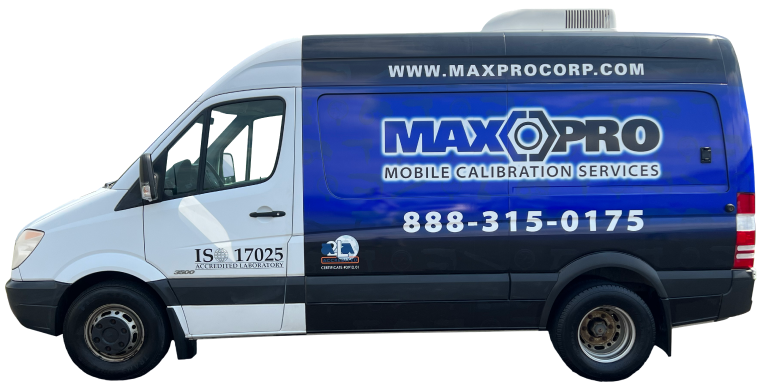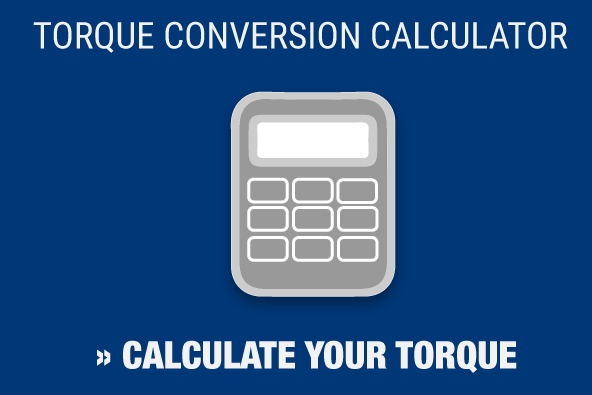Torque wrenches are usually described by their drive size, which in turn indicates the bits you can use to tighten fasteners. The torque wrench size significantly impacts its functioning since the bigger the drive size and the longer the handle, the more torque it can deliver. There are varied sizes, all of which work to suit different tasks best. Some common roles for torque wrenches are fastening car parts, including;
- Wheels
- Connecting rods
- Suspension bushing
- Struts
- Calipers
- Intake manifold
- Cylinder heads
You may also need them on lawnmowers, mopeds, your HVAC, generators, etc. Having the right size makes your work easier and safer. Occasionally, two torque wrenches may crossover in function, but normally they are all geared to different roles.
You can measure torque in feet per pound (ft-lb) or Newton-meters (Nm) in the imperial or metric system respectively. The size of the torque wrench often determines the range. Many torque wrenches have a torque range of up to 150foot-pounds. Any wrench with torque less than 100foot-pounds is not suitable for most mechanical and automotive torque wrench needs. It may, however, be excellent for use on bicycles and lawnmowers. Heavy-duty torque wrenches have high ranges, with several going up to 1000 foot-pounds of torque.
Here are the four common torque wrench sizes and when you need each one.
1/4 -Inch Torque Wrench
This is the smallest torque wrench, and it is thus excellent for small fasteners mostly used to tighten interior trims or covers for control modules. It is also the wrench you want when dealing with small electronic parts like those inside an HVAC. The ¼ -inch torque wrench usually has a torque range of four to 21foot-pounds. This power is perfect for small bolts and nuts on bicycles, garden equipment, motorcycles, valve covers, and small gas motors, among others.
3/8 -Inch Torque Wrench
The 3/8-inch wrench is the second smallest, and it is also the second most common while being one of the most versatile torque wrenches. It provides a torque range of about 15 to 75foot – pounds making it perfect for multiple applications. It is the drive used most for socket sets and engine works, such as in plug tightening. It is also handy for tightening oversized fasteners and in most small automobiles, from cars to light trucks.
1/2 -Inch Torque Wrench
This torque range has a wide range going from 30 to 250 foot-pounds of torque. It is the best tool if you are working with lug nuts or anywhere on the vehicle suspension. It is suitable for large bolts and nuts like those in engine mounts. Basically, any tightening task for both transmission and suspension, including motorcycles, would require a 1/2 -inch torque wrench. It is also the perfect wrench for most tire changes.
3/4 to 1-Inch Torque Wrench
This final size is the largest of the common torque wrenches, and it is used in large applications. It is often used with breaker bars to tighten tough truck lugs. The average home or vehicle owner will
hardly need these tools as they are mostly used on constructive vehicles. The large bit size and high power are also suitable for industrial applications or other areas where a heavy torque range is required, like aircraft tractors and trailers.
A torque wrench is a perfect tool for tightening small and large fasteners. It provides accuracy and reliability, helping you avoid risks that come from over tightening or under-tightening. Knowing the right size allows you to work safely and efficiently. Generally, you may only need to invest in the 1/4-inch torque wrench and the 3/8-inch torque wrench. If you are dealing with any specialty mechanical work, you may require a 1/2 -an inch wrench though it is mostly for technicians or DIY enthusiasts.
For all of your torque wrench needs visit Maxpro, request a quote, speak to a professional, rent a product, or get your tools calibrated; we are your one stop shop!





